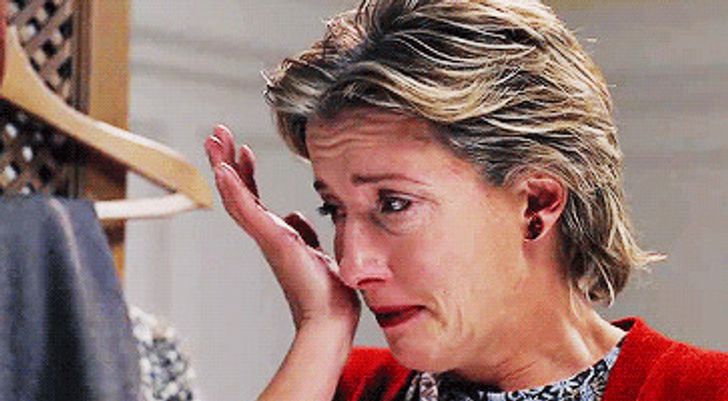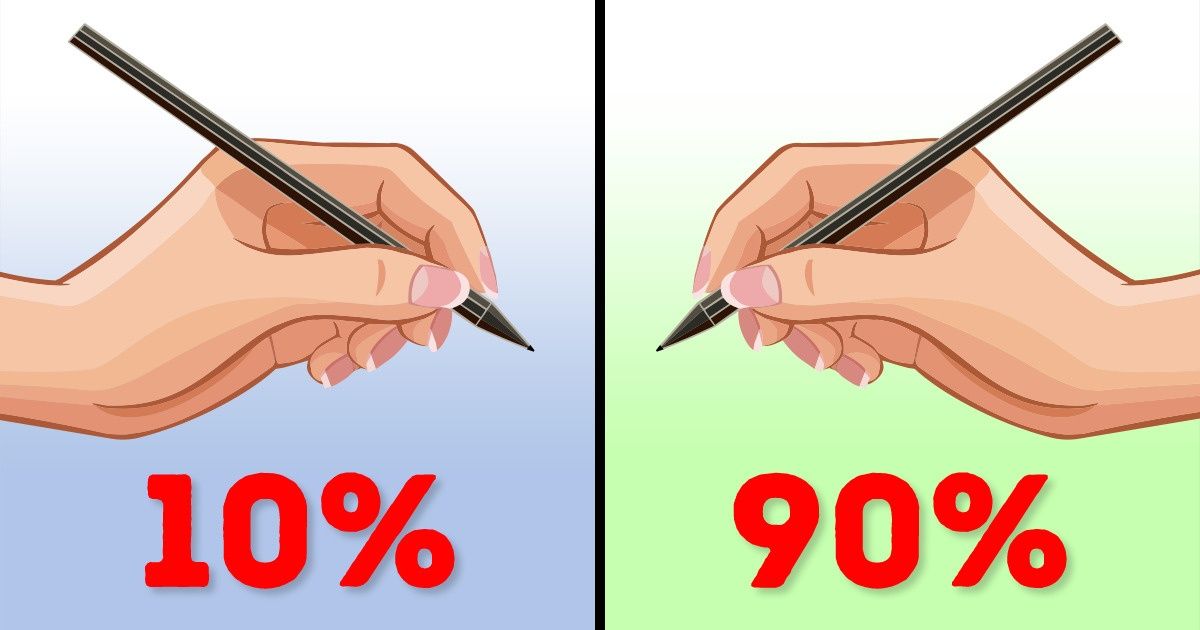When we meet a strong woman, we may feel drawn in by her confidence. It seems like she has it all: a successful job, a loving family, good health, and even time to help those in need. But behind that bright smile, many of these women feel shattered to the point where it begins to affect their health.
We will list the reasons why so many strong women struggle to be happy on a daily basis.
Why The Strongest Women Often Feel So
She Only Relies On Herself

A strong woman likes to be independent; she doesn’t need anyone’s help. This woman tends to be confident and self-assured. Research shows that it may even be part of her identity that makes her proud. The problem is that she trusts herself and doesn’t understand that everyone needs help sometimes, even her.
It may be because she doesn’t want to be a nuisance or because she considers asking for help to be a weakness.
However, as social beings, humans need help from time to time. Psychologists agree that we need them and their support for our well-being. Asking for help when you need it is not only healthy but also generous because you are allowing someone else to ask for help when they need it.
Everyone Trusts Her With Their Problems, And She Carries The Weight On Her Shoulders

It’s no wonder that her family and friends trust her as people consider her trustworthy. Research shows this is because mentally strong people also have a high sense of responsibility, which people perceive as integrity and wisdom.
But the strong woman does not share the struggles of her family or friends with anyone, nor does she gossip about them. She bears all the suffering that has been bestowed upon her.
And if the problem affects her directly, she may even take the initiative to solve or deal with it, whether it is a matter of money or disease in the family.
But She Doesn’t Share Her Problems With Anyone Else, Locking That Burden Deep Inside Of Her
The strong woman assumes everyone’s burdens but does not share hers. This has been shown to make people feel extremely lonely and can also lead to depression. Sometimes she doesn’t want to let it all out because it is behavior that does not match her constructed identity of a strong person.
But in doing so, she makes the mistake of containing both her problems and those of her family and friends. Research shows that we need to interact with other people to increase our happiness and face the most difficult things in life.
Not sharing your problems is not a good way to achieve a healthy state of mind.
She Cares For Others But Forgets She Needs Care Too (And So Does Everyone Else)

The strong woman takes care of her family and relatives, she still carries part of her emotional baggage to ease their burdens. But in doing so, she sometimes forgets that she needs care, and sometimes she forgets too. She looks so well-groomed that no one thinks she’s having a bad time.
After getting help, some of her friends may “close the case” and if they are forgetful and go back to their schedules or just like to get on with their independent lifestyle, they forget to ask if she’s okay. And this apparent lack of interest hurts him.
It Also Affects Her Physically — When She Refuses To Show Her Vulnerable Side, She Damages Her Cardiovascular Health

Sometimes you need to portray an image of security and strength in difficult times in front of vulnerable people like your children or the elderly. However, if you do it too often, you will end up hurting your heart.
One study found that suppressing emotions often places an additional burden on the heart and increases the chance of developing cardiovascular disease and other conditions.
Turns out, it doesn’t just feel damaged on the inside, it can actually damage itself on the inside.
Her Strength May Be The Result Of A Tragic Story She Hasn’t Told You Yet

The feeling, “What doesn’t kill you makes you stronger,” is exactly what this research has shown. A woman can become resilient after tragic events and become tougher, she may even stand up after a dramatic incident.
A strong woman can be strong because she learned and grew after an unfortunate event, but that doesn’t mean she doesn’t feel sad when she remembers it. It’s still on her mind in the form of a psychological scar and can sometimes make you feel a bit broken.
Do you identify with this list? Are you friends with one of these “strong women”? What do you think is the best solution to relieve them of their emotional baggage? Share your theories below!
Preview photo credit Likeness / Candescent Films


